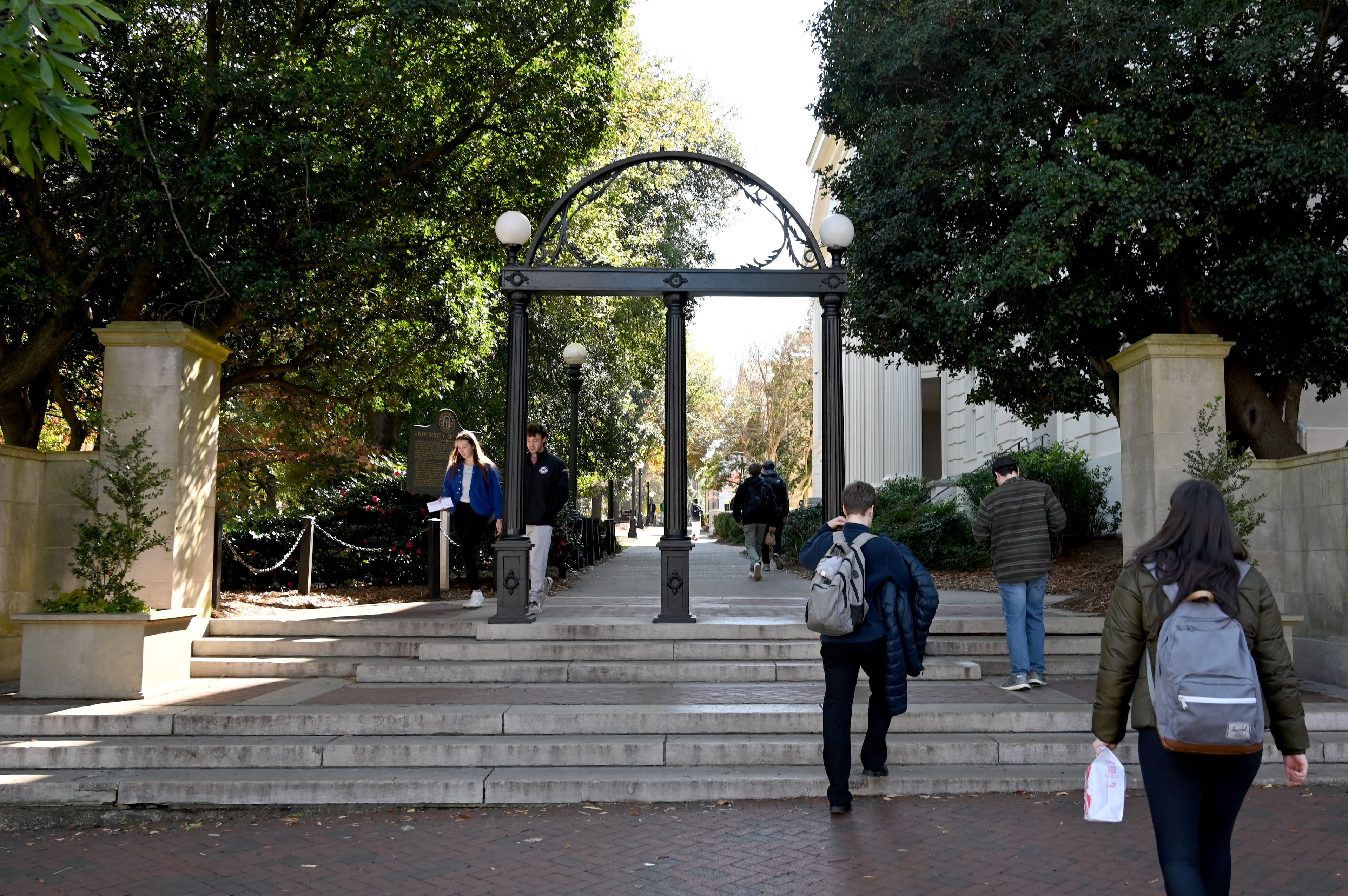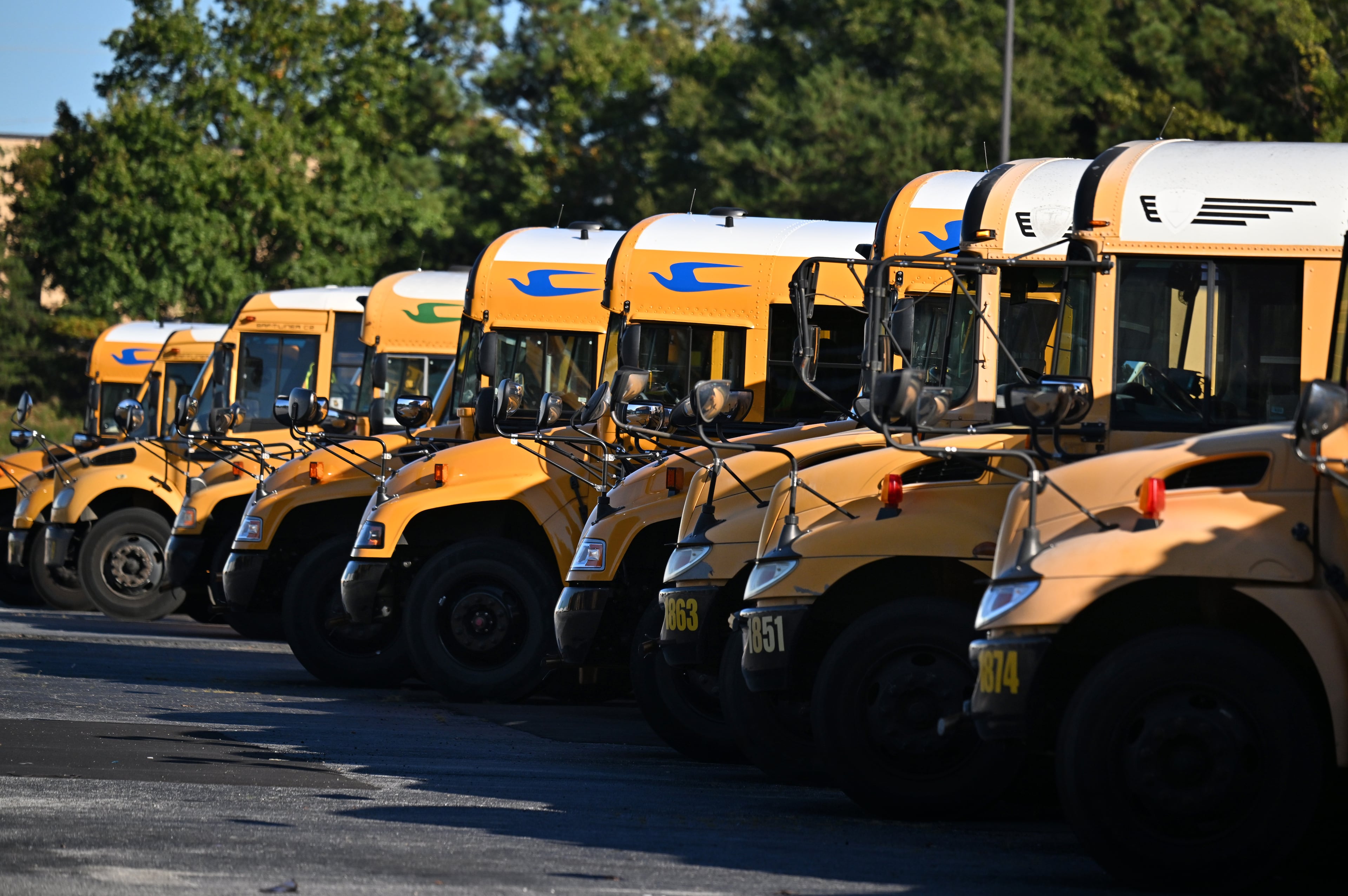Emory will consider banning Yik Yak after student demands

Janel Davis contributed to this story.
Emory University said earlier this month it will create a task force to explore the possibility of banning the Buckhead-based anonymous messaging app Yik Yak from its campus, in response to concerns raised by some of its black student activists.
The task force will be formed through a partnership with the school's Information Technology Services and the University Senate, Emory said in a Dec. 4 announcement.
Black students had called on Emory to ban the app, via a "geofence" around the zip codes which contain its campus, as part of a broader 13-point list of demands to overcome what they said was a pervasive and damaging culture of racial inequality.
In its Dec. 4 announcement, Emory also detailed how it would respond to other of the students' demands.
"We, Black Students of Emory University, do not wish to wait until the situation escalates to death threats for administrative intervention," the letter read, in part, "and instead call for Emory University's administration to be proactive in the interactions between students, concerning race that could be harmful not only physically, but mentally and emotionally."
"It is impermissible to allow racist students to terrorize Black people on any form of media and the anonymity that Yik Yak provides is a breeding ground for behavior of that sort," the students said in their list of demands.
The app, founded by two Furman University alums and former Atlanta high school students, allows users to anonymously post and respond to messages, filtered by location.
Like other apps of its kind, Yik Yak has come under scrutiny for the sometimes controversial and threatening messages it hosts — and in October, an Emory student was arrested after authorities accused her of threatening on Yik Yak to commit a mass shooting.
A recent national study found school threats increased by 158 percent during the first five months of the 2014 school year compared to the same time period in 2013, with most of the increase due to threats from electronic devices and social media. Georgia ranked 13th among states with the highest number of threats.
At the same time, social justice activists said that social media had enabled their movements to act more swiftly, more widely and more visibly.
"A decade ago students were having lousy experiences on their campuses but there was not a way to let the world know," one expert told the AJC's Janel Davis. "Now students are beginning to understand that what they are experiencing is a national phenomenon. Social media is a tool for students to help communicate their issues."


